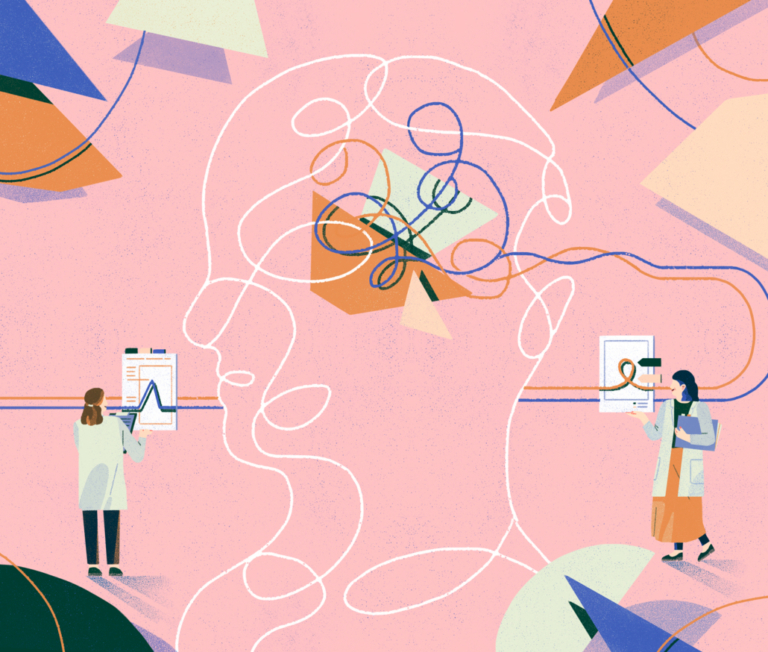It’s what we might say to a friend or relative who we think sounds highly emotional. But psychology researcher Doron Atias says the operative word here is “think,” as the meanings behind intense emotional vocalizations are more complex than we realize.
Atias, an Azrieli Graduate Studies Fellow in the Affective Neuropsychology Lab at the Hebrew University of Jerusalem, says that most research in this area uses posed vocal reactions by actors, which may be oversimplified and stereotypical. This led him, together with his PhD advisor, Professor Hillel Aviezer, to conduct a more ecological experiment— meaning that it’s based on observation of real-life phenomena—in which participants were asked to compare genuine and staged vocal reactions to winning the lottery.
A total of 200 participants listened to real-life vocalizations of 153 lottery winners in Israel who had won SNAPSHOTS prizes ranging from the equivalent of roughly US$5,000 to $130,000. Participants were asked to rate the valence, or affective quality, of the vocalizations using a Likert scale from one (extremely negative) to nine (extremely positive). They then listened to and rated a set of lottery-win vocal responses performed by amateur actors.






